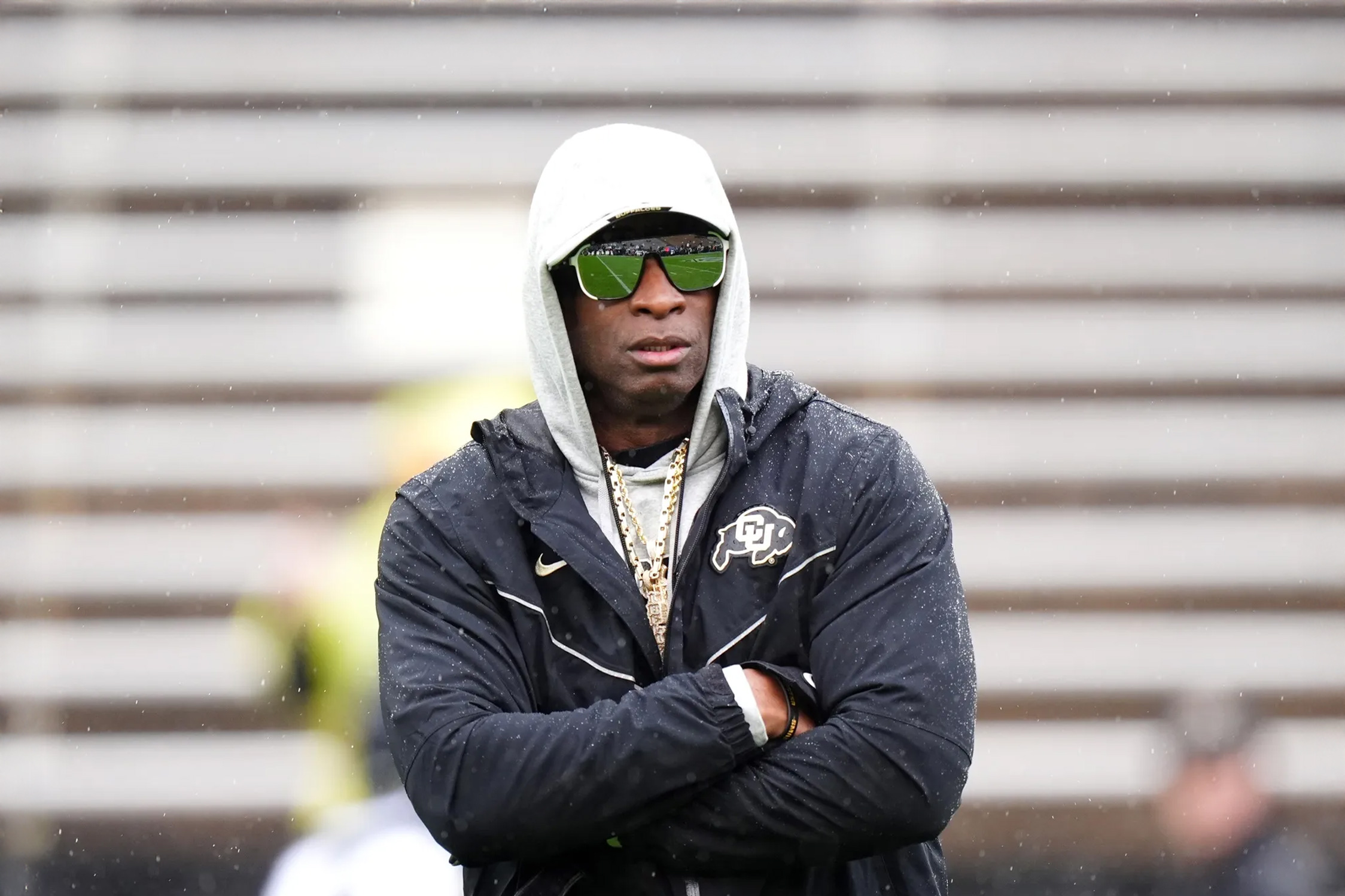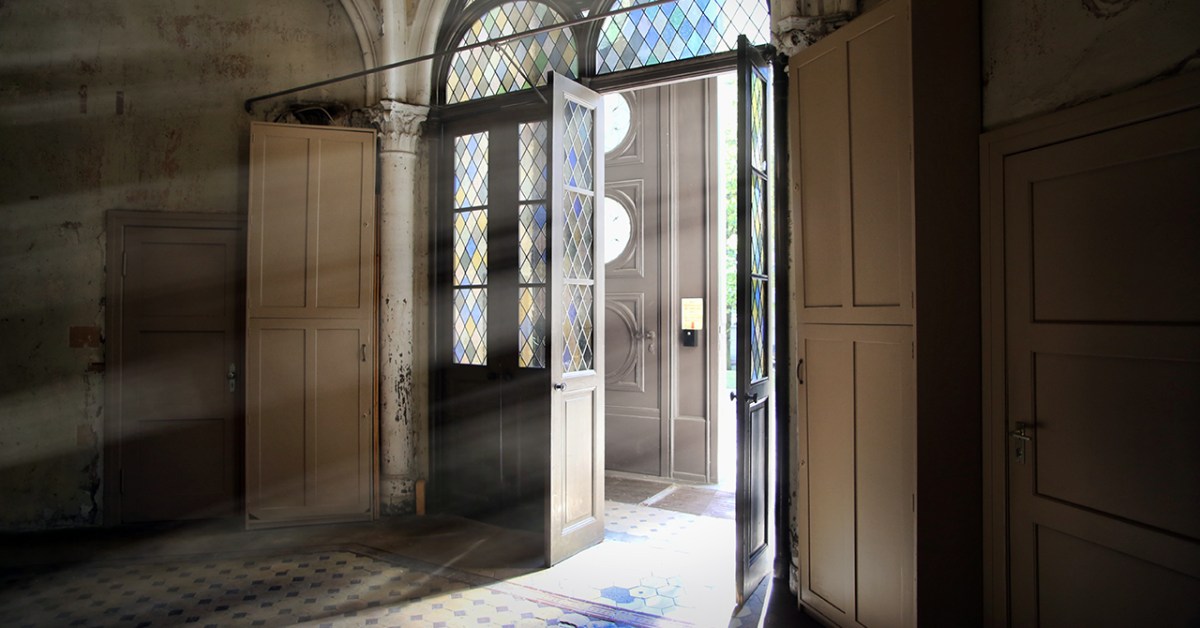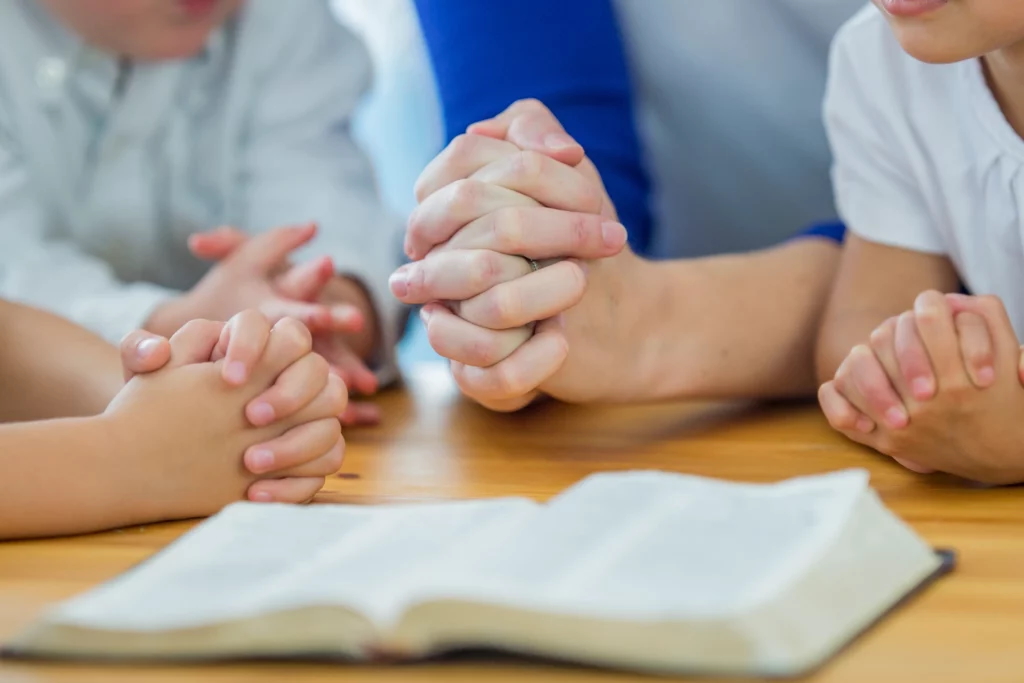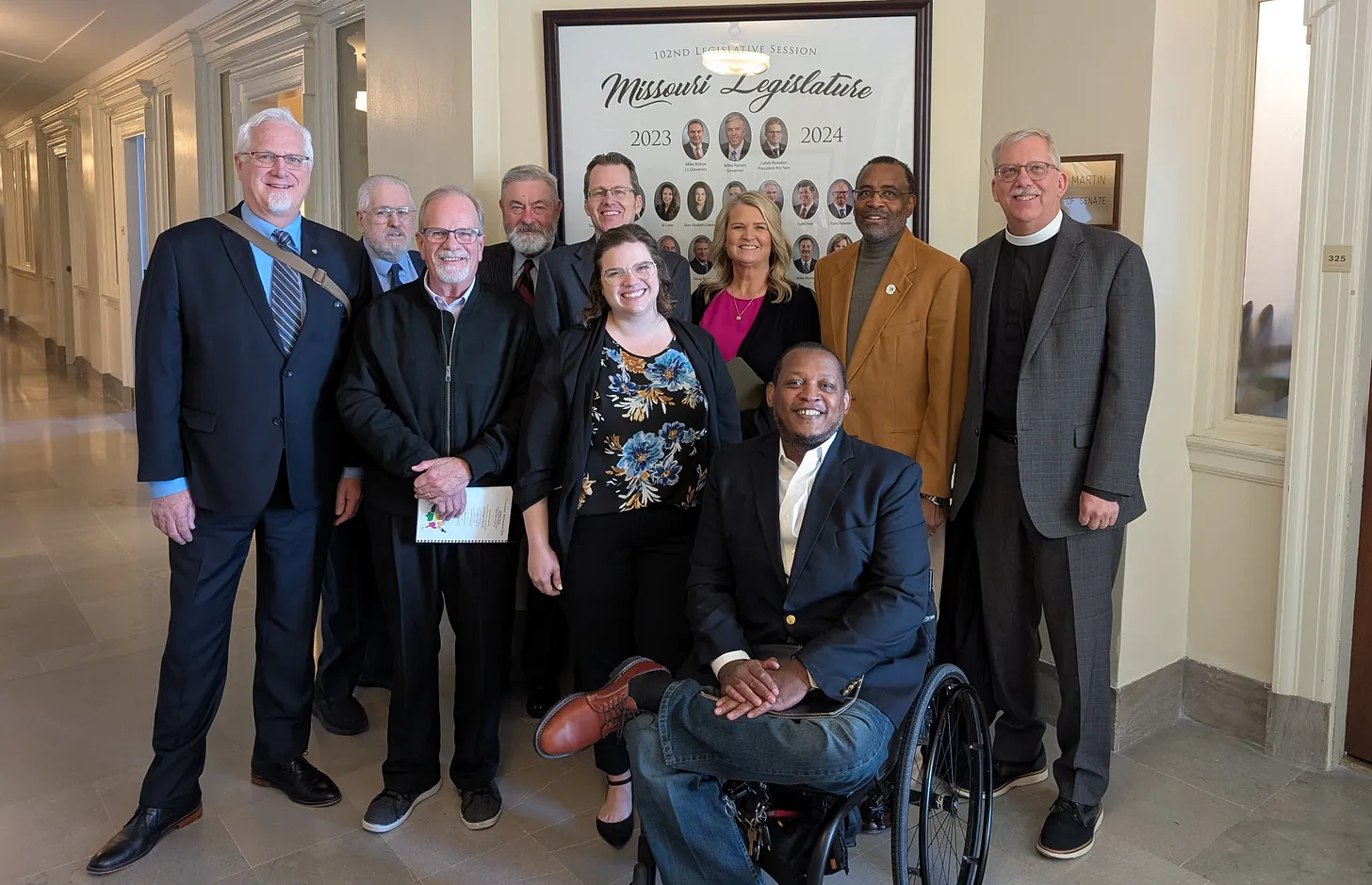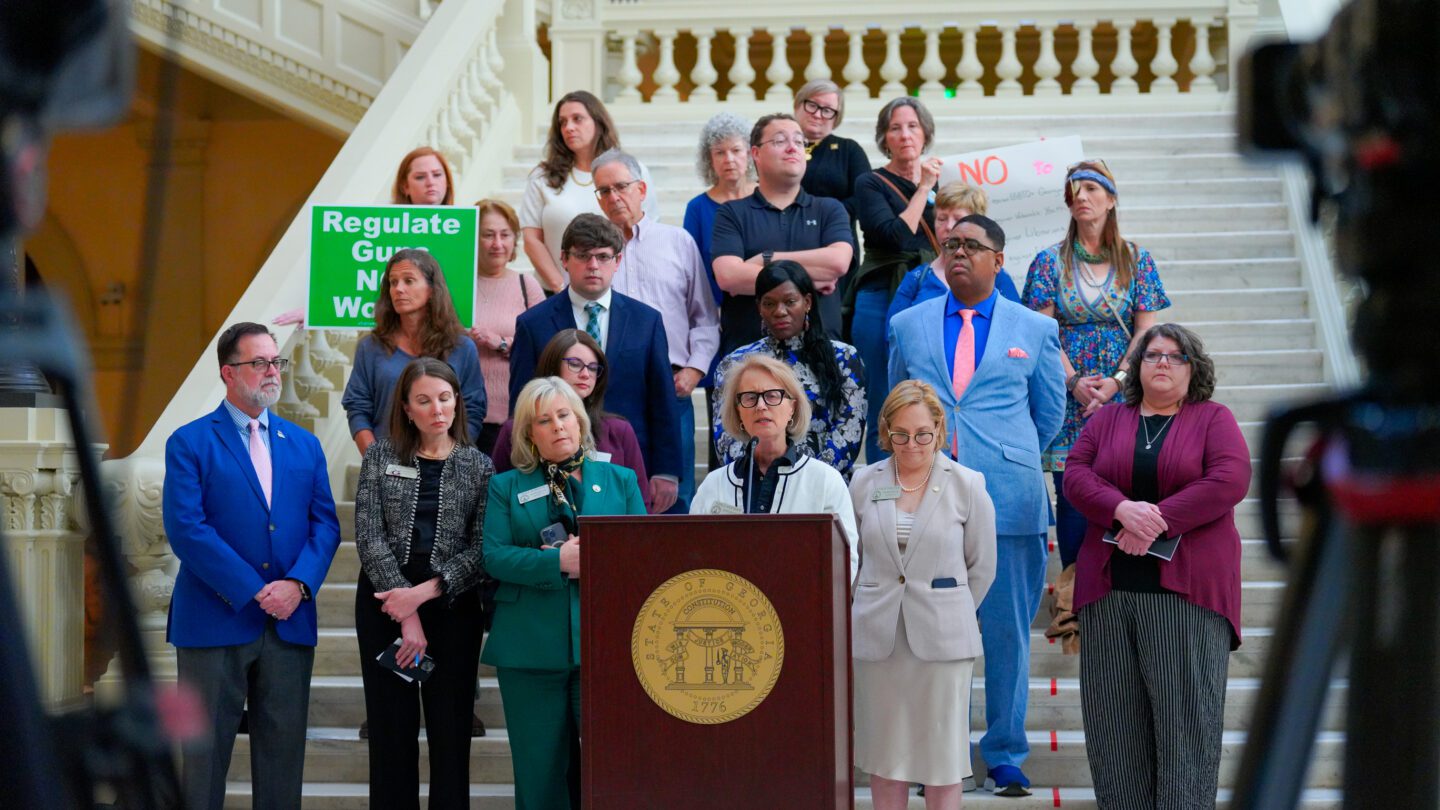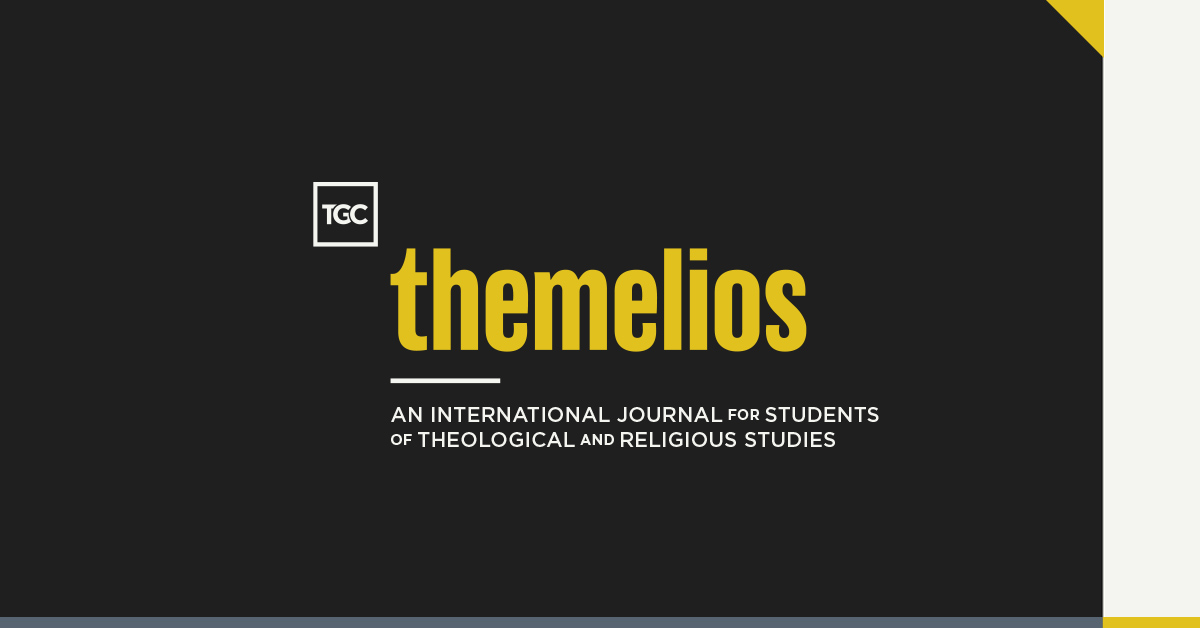Breaking: Religious Dogma Threatens Youth's Educational Freedom, Experts Warn
Religion
2025-05-03 12:54:22Content

Embracing Understanding: How LGBTQ+ Education Empowers and Protects Communities
Contrary to harmful misconceptions, LGBTQ+ education and representation are not threats to children or communities. Instead, they are powerful tools of compassion, understanding, and life-saving support.
Comprehensive sex education and queer history do more than simply inform—they create safe spaces, validate diverse experiences, and provide critical knowledge that can literally save lives. By promoting understanding and acceptance, these educational approaches help reduce stigma, prevent bullying, and support the mental health of young people who may be struggling with their identity.
When young people see themselves represented and learn about the rich, complex history of LGBTQ+ communities, they develop greater empathy, self-acceptance, and resilience. This knowledge helps combat isolation, reduces the risk of mental health challenges, and creates more inclusive environments where everyone can thrive.
Education is not about indoctrination—it's about fostering understanding, respect, and human dignity. By embracing diverse narratives and experiences, we build stronger, more compassionate communities that protect and celebrate all individuals.
Empowering Education: The Transformative Power of Inclusive Learning and Understanding
In the complex landscape of modern education, we find ourselves at a critical crossroads where knowledge, compassion, and understanding intersect. The ongoing dialogue about educational content, particularly surrounding identity, diversity, and human experiences, demands a nuanced and thoughtful approach that prioritizes the holistic development of young minds.Breaking Barriers, Saving Lives: The Critical Role of Comprehensive Education
The Importance of Comprehensive Sexual Education
Comprehensive sexual education represents far more than a simple curriculum—it's a lifeline for young people navigating the intricate landscape of personal identity and interpersonal relationships. By providing accurate, age-appropriate information, educators create a safe space for students to understand their bodies, emotions, and personal boundaries. Research consistently demonstrates that well-designed sexual education programs significantly reduce instances of sexual violence, decrease rates of sexually transmitted infections, and promote healthier relationship dynamics. Contrary to misconceptions, inclusive sexual education does not sexualize children. Instead, it empowers them with knowledge, critical thinking skills, and emotional intelligence. These programs teach consent, respect, and understanding of diverse human experiences, fostering a generation of empathetic, informed individuals who can navigate complex social interactions with sensitivity and wisdom.Representation and Historical Context in Educational Narratives
Historical narratives have long been curated through narrow, often exclusionary perspectives that marginalize significant contributions from diverse communities. By integrating comprehensive, authentic representations of LGBTQ+ experiences and histories, educational institutions can create more holistic, accurate learning environments that reflect the true complexity of human experience. These inclusive narratives are not about promoting any specific ideology but about acknowledging the rich tapestry of human diversity. When students see themselves represented in educational materials, they develop stronger self-understanding, increased empathy, and a more nuanced worldview. This representation goes beyond mere visibility—it validates individual experiences and creates pathways for deeper mutual understanding.Psychological Impact of Inclusive Education
The psychological implications of inclusive education are profound and far-reaching. Young people who feel seen, understood, and supported demonstrate significantly better mental health outcomes. By creating educational environments that embrace diversity and provide comprehensive, compassionate information, schools can become powerful platforms for personal growth and societal transformation. Mental health professionals consistently emphasize that knowledge, understanding, and acceptance are crucial protective factors against depression, anxiety, and social isolation. Inclusive educational approaches do not just inform—they heal, validate, and empower individuals to embrace their authentic selves while developing respect for others' experiences.Challenging Misinformation and Promoting Critical Thinking
In an era of rapid information exchange, the ability to critically analyze and understand complex social dynamics is more crucial than ever. Comprehensive, inclusive education equips students with essential skills to navigate misinformation, challenge stereotypes, and develop nuanced, empathetic perspectives. By presenting diverse narratives and encouraging open, respectful dialogue, educational institutions can transform potential sites of conflict into opportunities for mutual understanding. This approach doesn't indoctrinate but instead invites students to think critically, ask questions, and develop their own informed perspectives based on comprehensive, factual information.Legal and Ethical Considerations in Modern Education
The legal landscape surrounding educational content continues to evolve, reflecting broader societal conversations about inclusivity, representation, and individual rights. Educators and policymakers increasingly recognize that truly effective education must transcend narrow, restrictive frameworks and embrace the full spectrum of human experience. Ethical educational practices prioritize student safety, emotional well-being, and intellectual growth. This means creating environments where all students, regardless of their background, feel respected, supported, and empowered to learn and grow. Such approaches are not just pedagogically sound but fundamentally align with core human rights principles.RELATED NEWS

Silent Faith Under Fire: Sudanese Christians' Desperate Cry for Peace and Protection
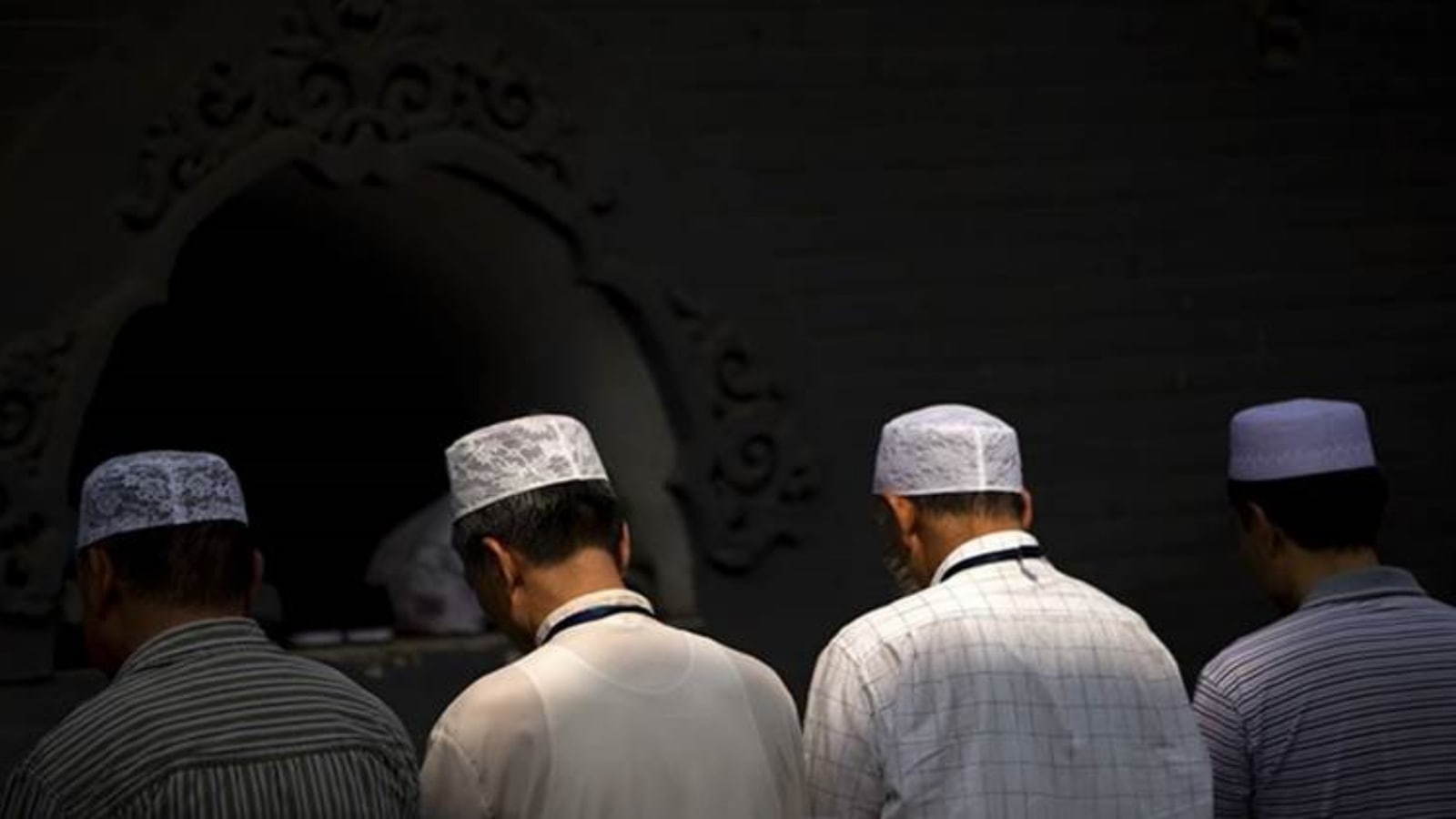
Religious Tension Erupts: Chhattisgarh NSS Camp Sparks Controversy with Mandatory Prayer Directive
